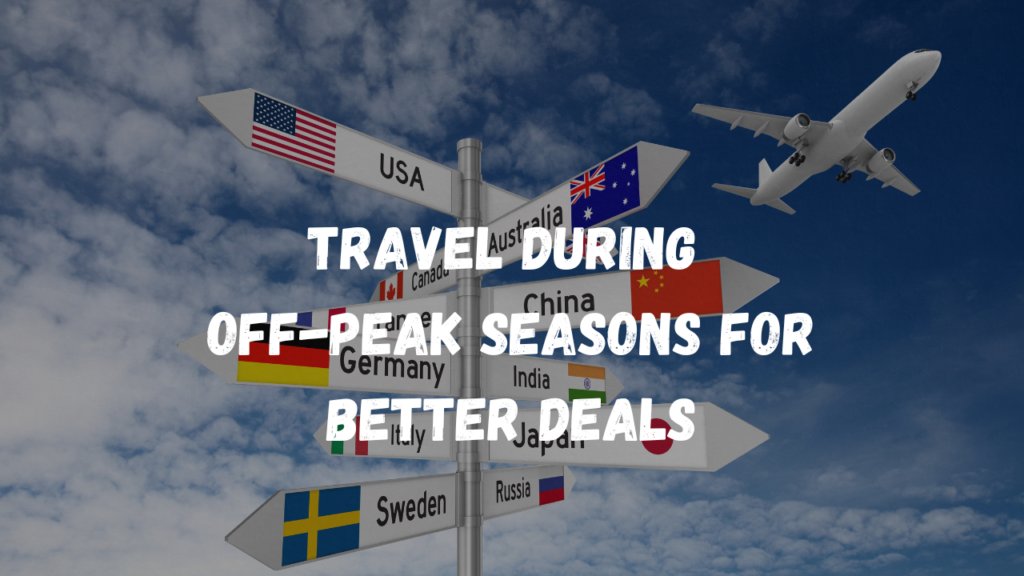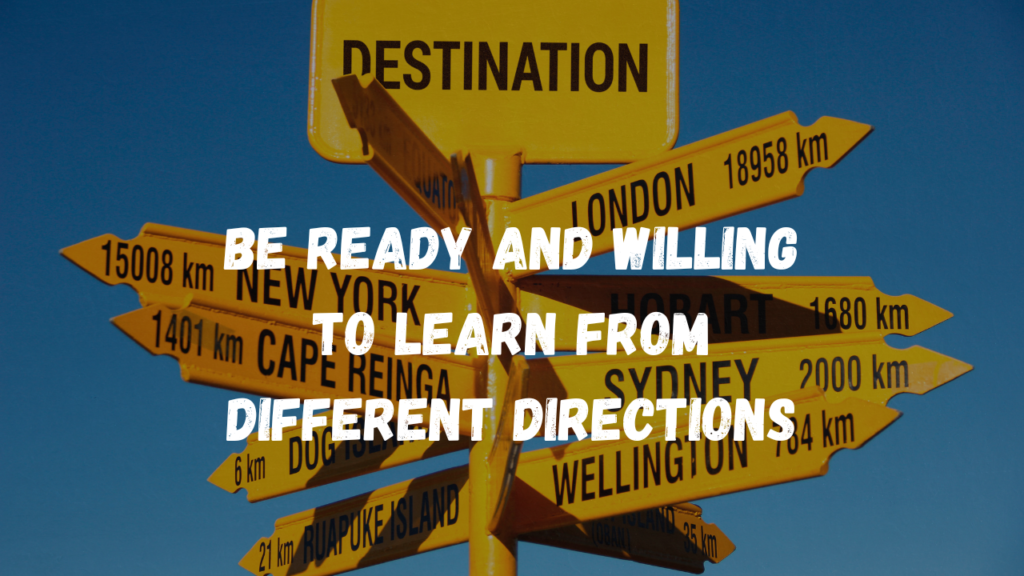In this article, we’ll try and find the best ways through which you can travel while not spending too much money. Certainly, one can always go out and expand one’s horizons and do not have dig into the wallet to do so. Here is a look at seven crash course guidelines that can assist you to save on your budget and get more fun in your next trip.
1. Discover Budget-Friendly Destinations

While choosing your holiday vacation, think of places that give you a good value for your money. Where South East Asia, parts of Eastern Europe and some countries in Central America where are cheaper as compared to other famous tourist destinations. Thai, Hungarian and Nicaraguan countries offer cheaper options for acommodation, meals and attractions.
Going to such places not only costs less, but really gets you off the beaten tourist track. You can experience the true culture of the country you are visiting, communicate with people, and find places that you don’t come across being an ordinary tourist. Such approach can result in creating non-campaign-like experiences, captured beyond the traditional moments to capture on camera.
2. Maximize Your Travel Rewards and Points

They must be aware that using travel rewards and points remains one of the best strategies for extending travel money. Apply for travelling credit cards for every dollar spent on the card, you earn so and so points. These points can be accumulated and used for getting flights tickets, hotel accommodations and even car rentals – all of this for a fraction of the price.
Remember to also use frequent flyer programs from airlines and membership from hotels. Frequent flyer miles and hotel points are earned rather quickly and therefore you can get an upgrade or free night. Be also attentive to the promo codes and special offers in order to max out the cost savings.
3. Travel During Off-Peak Seasons for Better Deals

Everyone knows that the best deals can be found in the high seasons of touring and travelling because of the right timing of search. This means that when one decides to travel they should do so during off-peak season hence reducing the amount of money they have to spend on traveling and accommodation. It is a general rule that traveling during these times will result in having to pay more and have to share the places with a lot of other people.
However, do not shoot for the high travel seasons because the weather will be relatively good and hotels are relatively cheap during the shoulder travel seasons. For instance, visiting Europe in late spring or early fall can provide the best of both worlds: nice climate and low crowds, plus having the ability to do so without blowing the bank.
4. Embrace Local Cuisine Without Overspending

Probably, one of the most lovely things that people love about travelling is food. If you just can’t go without a good meal, look for good restaurants, food courts and stalls. All these options provide delicious and traditional dishes together with quite reasonable prices compared to overpriced restaurants for tourists.
Perhaps taking some cooking lesson or walking tourism food related destinations will be pedestrian. It is possible to gain a lot of knowledge about local ingredients and how to cook them without having to spend too much money during these times. Furthermore, they can prove to make communication with other tourists and inhabitants entertaining.
5. Utilize Free Activities and Attractions
Just about any place is home to numerous sights that do not require a coin to be inserted to gain entrance; there are the museums, parks, and the usual walking tours. To avoid or at least minimize costs, one can take his or her time to find out these places that offer free entry or days during which they allow people in free of charge.
Local festivals or community event can also be arranged for free in many cities and they reflect the culture and local practices. You can benefit from the events hence improving your traveling experience with no extra fee paid. Anything from outdoor concerts to art walks can give one ample activity engagements without breaking the bank.
6. Use Public Transportation

Exploring a new city does not have to cost one arm and a leg in a taxi or an online ride hailing service. Engineering is an effective and inexpensive means of individual transportation. Get to know your local transportation — buses, trams and subway can all be very useful and even fun at times.
It is also very common to find cities selling daily passes that entitle a commuter to use a given transit system for a specified time of the day. This not only saves cash but additionally provides an opportunity to have an attitude of residents as you move round the city.
7. Be Ready and Willing to Learn from Different Directions

This is an interactive travel rule for which one has to be flexible when looking forward to making savings. Do not be rigid, switch your plans as you see fit but adapt to the availability and the offers that you find. For example, if you find out there’s a discounted rate of a hotel or an excursion, you do not have to stick to the day’s schedule.
Being receptive can also have further exciting experiences that will make your trip even better. Sometimes it is picking a different route to the next village on the map or joining a group going for a hike in the locality you are in will enable one experience the surprises of traveling.
Conclusion
In this article, we share ideas and tips for enjoying your trip without losing your money. Cutting your costs is possible by finding cheap locations, leveraging your rewards, and integrating with the local communities. Now that you have discovered these seven tips you are already on your way to make the most out of your next adventure andmination and having fun while at it. Happy travels!


